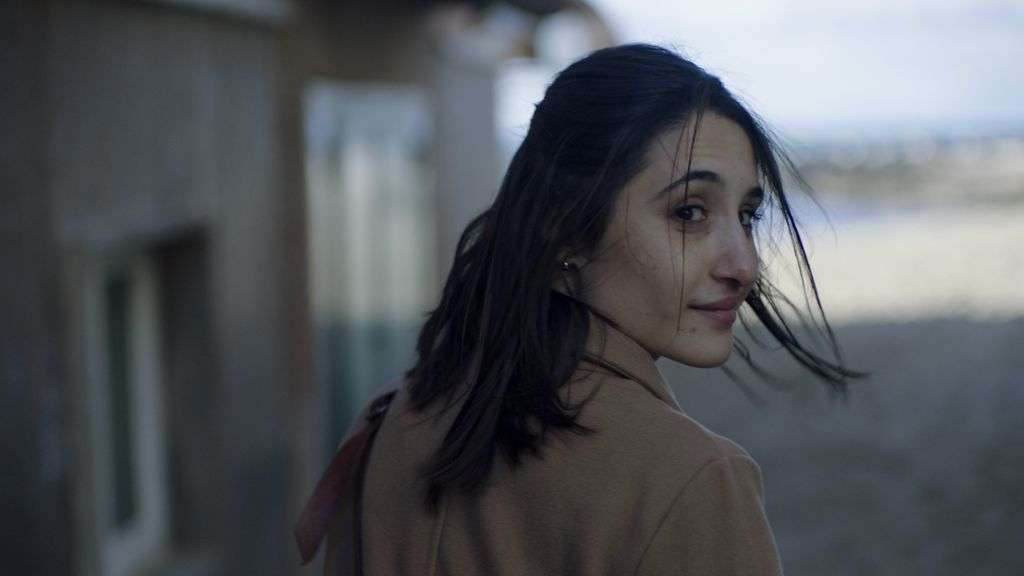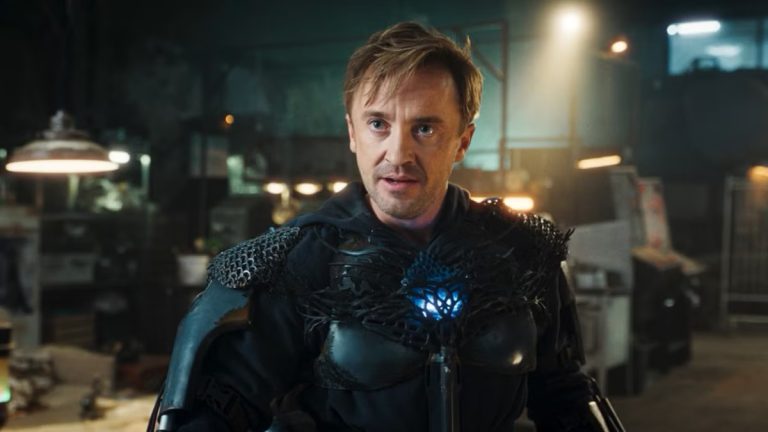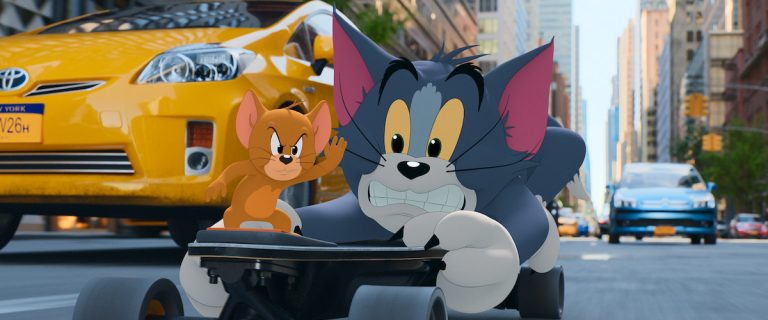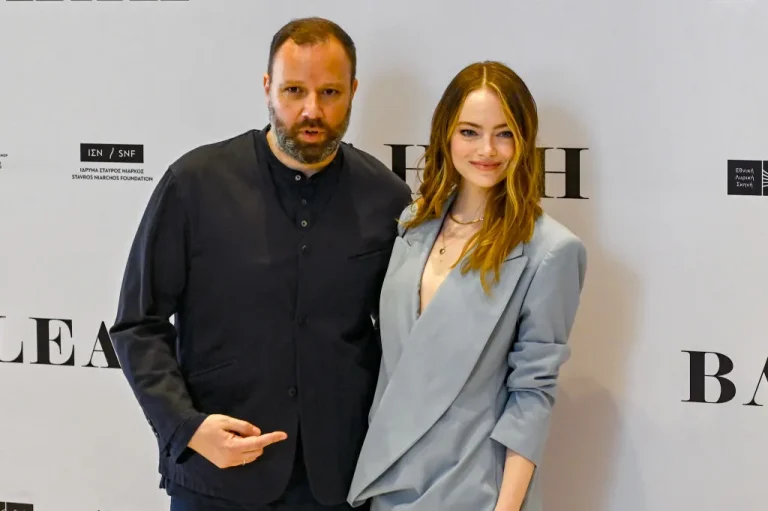Luca Bellino and Silvia Luzi’s “Luce” is a thing of endless mystery. It’s sinuous and escapes a quick appraisal. Marianna Fontana plays the unnamed protagonist, who keeps to herself, heading home straight after finishing physically rigorous work at a leather factory. Her cat is her sole companion. The humdrum rhythms of life fill the frames.
However, an interruption hits the protagonist. An unknown man keeps calling her. Initially, she dismisses it. But when he doesn’t halt, she grows unnerved and concerned. He stays mum when she asks him who he is. Gradually, the duration of the calls extends. Is it her father or a friend of his? She is conflicted. He implies the former at some times and the latter at others. What is that thing he claims to have found? When did she last chat with her father? Why can’t she recognize his voice? Motley questions teem throughout the film.
Her conversation with the stranger forms the bulwark of the film. The most sustained moment of connection arrives when she’s drunk and starts playing along with whatever the man talks about. Music that keeps bad feelings at bay is underlined in repetitive focus. He entreats her so that they can go away together to an island. There’s a mix of flirtation and sheer ribbing. But their conversations also have spaces nodding to experiences of shared loss. Absent parenthood is winked at as he remarks in one of the film’s most telling scraps of dialogue that fathers prefer being ghosts because they are better at being ghosts.
“Luce” leaves you in a constant state of uncertainty, fomenting a peculiar state of suspension. It befuddles and teases rather than dangles fixed conclusions. It is more comfortable inhabiting the gaps between deduction and finality, assumption and conclusiveness instead of clearly guiding the viewer to a bunch of definitive answers. In that, it’s willing and daring to risk alienation.

Some viewers may be put off by the tendentious style adopted, while others will appreciate the deliberate fuzziness of key storytelling choices. Many may just as well land somewhere in between. As intrigued as I was by the elliptical mold of the mystery phone call conversations, I have to concede to considerable exasperation at the snail-like pace, which adds a strange, baffling complacency to the film in lieu of a steady immersion.
The protagonist’s inner life, the actual thoughts she is having, and her motivations remain determinedly elusive and provocatively out of easy grasp. Bellino and Luzi’s screenplay refuses to etch her character in neat, immediately comprehensible strokes. Only her loneliness directly oozes through the screen. She is at a perpetual remove from those around her, including co-workers at the factory who are always jesting and chin wagging. She can barely bring herself to relate to them and pretend to have any interest in their natter.
Abstinence from a specific clarity to circumstances works when the screenplay is also able to strongly hint at a simmering, subterranean plane of existence. In this film, the balance between ambiguity and carefully evoked traces of pure, rich suggestion is never entirely struck. The film’s strength is further undermined by wobbly supporting characters who flit in and out of the protagonist’s attention. There’s a particularly annoying guy bent on making himself romantically available to her despite her marked disinterest. Their exchanges, with her straining to extricate herself from the scene, border on superfluity. It’s just banal and tiring to watch these interactions despite their scenes together being mostly brief and fleeting.
Luce’s obliqueness doesn’t wholly build to a rewarding close, though the climax points to a certain kind of release. Nevertheless, Fontana’s performance invokes a heave of barely expressed emotional stasis and lends the film stabs of a few spare, genuinely felt moments. She keeps you intrigued and invested in this half-etched film.



![Kalsubai [2021]: ‘Short Film’ Review – Examining a feminist mythos](https://79468c92.delivery.rocketcdn.me/wp-content/uploads/2021/06/kalsubai-768x754.jpg)




![Simulation (Tamaroz) [2017]: ‘TIFF’ Review](https://79468c92.delivery.rocketcdn.me/wp-content/uploads/2017/09/simulation_03_highonfilms-768x384.jpg)